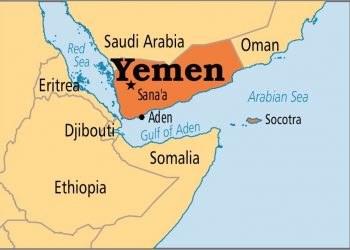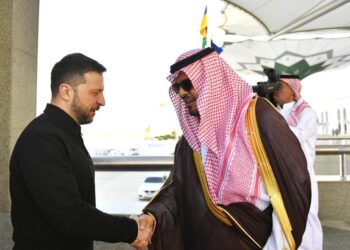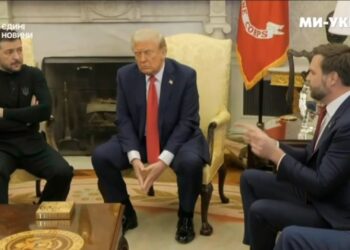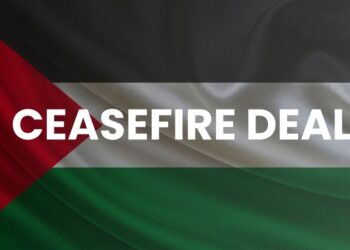In a dramatic escalation of tensions in the Middle East, Iran fired nearly 200 ballistic missiles at Israel on Tuesday, according to U.S. State Department spokesman Matthew Miller. The attack, described by Tehran as retaliation for Israel’s recent killing of senior Hezbollah and Hamas leaders, sent shockwaves across the region.

Sirens blared across Israel as civilians sought shelter, and fiery streaks lit up the skies as the missiles approached. While the majority of the missiles were intercepted by Israel’s Iron Dome defense system, aided by U.S. naval destroyers, some found their targets, causing injuries. Israeli military spokesman Daniel Hagari confirmed that “a few hits” occurred, with several people reported injured.
The missile strikes come in response to Israel’s assassination of Hezbollah leader Hasan Nasrallah last week, an ally of Tehran, and the beginning of an Israeli ground incursion into southern Lebanon. The escalation has added to growing fears of a broader conflict, especially given the involvement of Hezbollah, Iran’s powerful proxy group in the region.
In addition to the missile barrage, violence also erupted in Jaffa, where seven people were killed, and 11 injured in a shooting spree at multiple locations in a commercial district, according to emergency medics on the scene.
The Pentagon revealed that it had issued a warning just two hours before the missile barrage, based on intelligence that Iran was preparing for an attack. Israeli and U.S. ships managed to intercept 180 of the 200 missiles launched by Iran, preventing further devastation. However, the assault marks one of the largest missile attacks Israel has faced in recent history.
Israeli Prime Minister Benjamin Netanyahu responded firmly, stating, “Iran will pay for this.” The exchange between Israel and Iran has raised concerns of a wider regional war, as both nations face the possibility of further military escalations in the coming days.
With the region on high alert, the attack further complicates the already tense situation between Israel and its neighbors, with international powers watching closely to see how both sides proceed in the aftermath of the strikes.


















